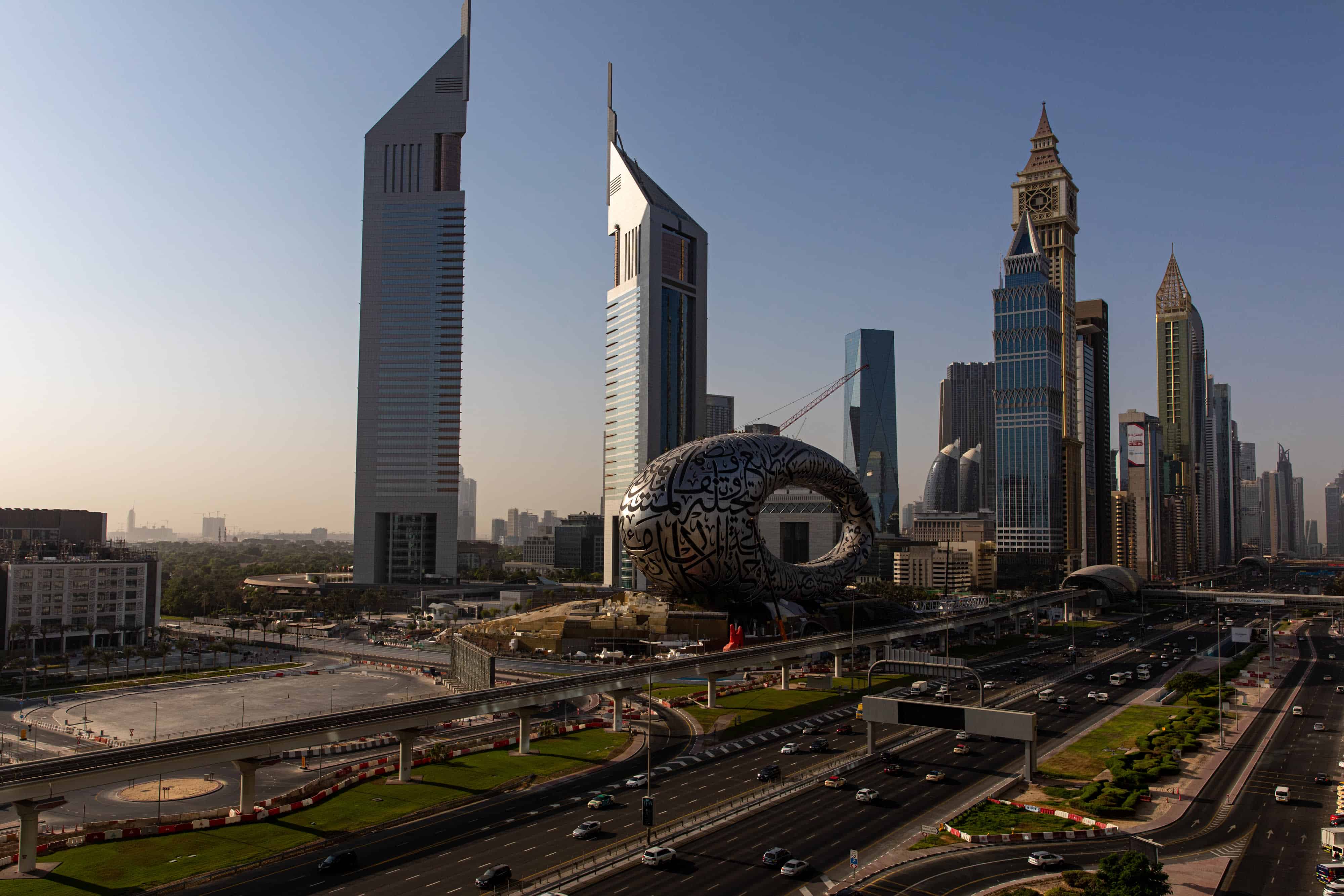The industrial and warehousing sector in Dubai continues to remain buoyant with strong demand levels and steady leasing activity by various sectors, according to Savills Dubai Industrial H1 2022 Market in Minutes Report.
The oil & gas sector led demand, followed by e-commerce, contract logistics and indoor farm operators.
“The recent spike in oil prices and subsequent revenue gains have resulted in increased investments and capacity expansion by engineering and other oil & gas support services companies,” said Swapnil Pillai, Associate Director, Research, Savills Middle East.
Ecommerce operators, who have seen an acceleration in activity post the onset of the pandemic, have further expanded their operations as they continue to gain market share of the overall retail sector in Dubai.
In H1 2022, their real estate footprint largely expanded in the form of ‘Dark Stores’, which are typically smaller warehouse units aimed at delivering everyday goods in a short period of time.
“Another demand driver has been the growth in the number of vertical farm operators, especially in the last 6-12 months, on account of the increase in demand from consumers for local produce and a push towards self-sufficiency and less reliance on foreign food imports,” added Swapnil.
Demand during H1 2022 was primarily concentrated across traditional hotspots such as Dubai South, JAFZA, National Industries Park (NIP) and Dubai Investments Park (DIP).
Due to the strong rise in leasing activity and enquiry levels, rental values remained stable, with rental increases reported across a number of submarkets. The rental increase across Grade B stock was more prominent in a few micro-markets which witnessed higher quoted rents as demand spilled over to the segment, due to limited availability across Grade A stock. An average 4-9 percent increase in rental values was recorded across Grade B stocks in NIP, Al Quoz and Jebel Ali Industrial when compared to H2 2021.

